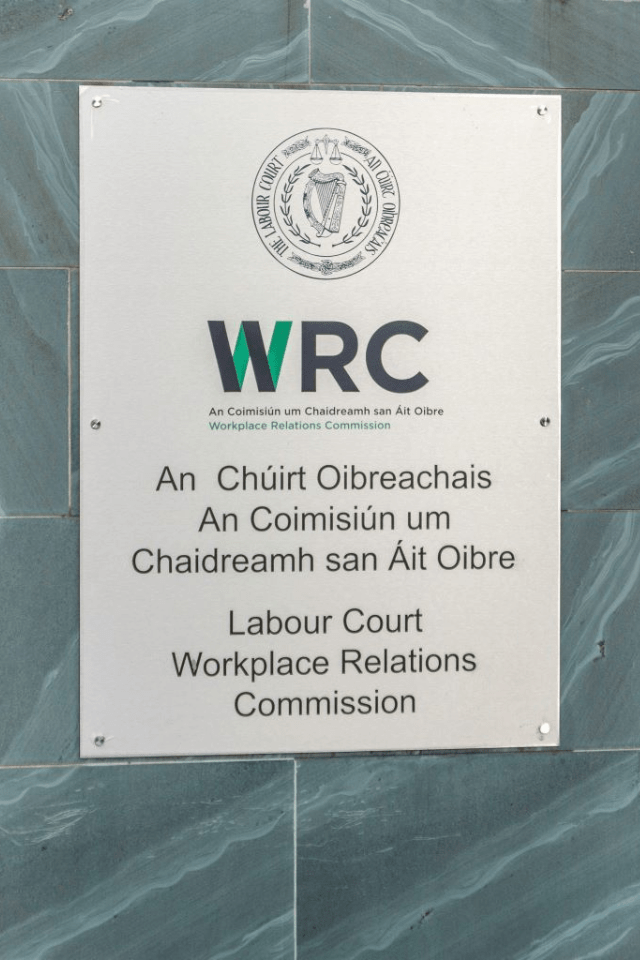Unfair Dismissal Over Private Conversations: What Every Irish Employee Should Know
When does a conversation with HR cross the line — and who gets to decide? A recent ruling by the Workplace Relations Commission (WRC) has reignited the debate about employee privacy, transparency in disciplinary processes, and the importance of fair procedures in the workplace.
In a July 2025 decision, the WRC awarded €10,000 in compensation to Thomas Delaney, a long-serving employee of NSP Expert Lab Solutions, after it found he had been unfairly dismissed. The reason? A recorded phone call made without his knowledge during a period of stress leave — a call in which he “vented” to HR about workplace frustrations. That recording was sent to the company CEO three months later, triggering immediate dismissal without any chance for Mr. Delaney to respond.
🚩 The Dismissal: A Breakdown in Process
Mr. Delaney had worked at the company for over eight years, earning €56,000 annually. He believed the phone call was confidential. However, the company later claimed the conversation amounted to gross misconduct. Mr. Delaney was summoned to the office, handed a dismissal letter, and asked to return all company property — without ever seeing a transcript of the call or being given the opportunity to explain himself.
The WRC found that Mr. Delaney was “denied a fair and impartial determination” and that the disciplinary process lacked transparency and due process. The fact that the company offered no oral evidence further weakened their case.
⚖️ Why the WRC Ruled It Unfair
Adjudicator Conor Stokes ruled that the employee had not been allowed to respond to any allegations or defend himself — key requirements under Irish employment law. The swift dismissal without a hearing or access to the evidence against him made the process “fundamentally unfair.”
As a result, the WRC awarded Mr. Delaney €10,000 in compensation for loss of income over a 14-week period.
🛡️ Key Takeaways for Employees and Employers
For Employees:
- Know your rights: Even informal conversations with HR are not automatically protected — but you are entitled to a fair disciplinary process.
- Request all evidence: If you’re subject to dismissal, you should be given access to all materials relied on in making that decision.
- Challenge unfair dismissal: If procedures aren’t followed, you may have a case under the Unfair Dismissals Act.
For Employers:
- Transparency is essential: Skipping procedural steps, even if you believe misconduct occurred, can expose your business to legal challenges.
- Confidentiality matters: Recording conversations without consent — especially during sensitive periods like sick leave — can lead to reputational and legal risks.
- Always offer a right of reply: Before making any disciplinary decisions, allow the employee to respond.
🔍 Are You Facing a Similar Situation?
At Employment Matters, we’ve helped countless clients fight for fairness in the workplace. If you’ve been dismissed without due process, or believe your rights have been breached, reach out to us. Our team will review your case and help you explore your legal options.


